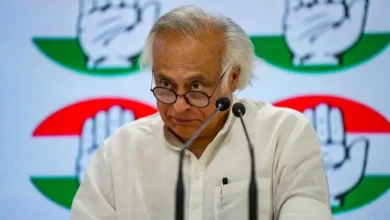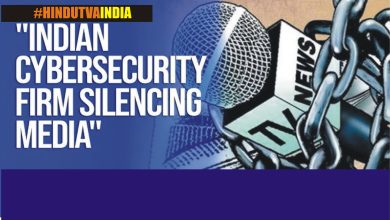Move towards erosion of academic autonomy, India introduces new PhD admission policy India
 New Delhi: In a move believed to erode the academic autonomy, the All India Students Association (AISA) and various students bodies have denounced the University Grants Commission (UGC’s) new PhD admission policy in India.
New Delhi: In a move believed to erode the academic autonomy, the All India Students Association (AISA) and various students bodies have denounced the University Grants Commission (UGC’s) new PhD admission policy in India.
According to Kashmir Media Service, the University Grants Commission (UGC) finds itself embroiled in controversy following its recent directive on PhD admissions, prompting strong opposition from student organizations calling for its immediate retraction. The order, issued on March 27, mandates PhD entrance exams to be based solely on NET scores, a move condemned by various student bodies, including the All India Students Association (AISA).
Sanjeet Kumar, General Secretary of AISA, denouncing the UGC’s decision, said, “This step poses a grave threat to the autonomy of educational institutions and jeopardizes students’ access to research opportunities.” Kumar emphasized concerns over the implications of the directive, particularly its impact on the quality and diversity of candidates admitted to PhD programmes.
The UGC’s order introduces several changes to the PhD admission process, including the introduction of a new category for admission solely based on PhD scores, alongside NET/JRF qualification. Additionally, the validity period of NET certificates has been reduced, and a greater emphasis has been placed on NET scores for PhD admissions, allocating 70% weightage to test scores and 30% to interviews.
Sanjeet Kumar, incoming General Secretary of ISA, criticized the directive for disregarding the importance of holistic evaluations in the admission process. “By mandating universities to admit PhD candidates solely based on NET scores, the UGC undermines the significance of comprehensive assessments,” Kumar remarked. “This approach risks marginalising candidates who may excel in other areas beyond standardised test performance.”
Opponents of the UGC’s order argue that it could exacerbate inequalities in access to higher education and research opportunities, particularly for students from marginalised backgrounds. Moreover, critics have warned against the erosion of academic autonomy and the commodification of education, urging the UGC to reconsider its approach to PhD admissions.








